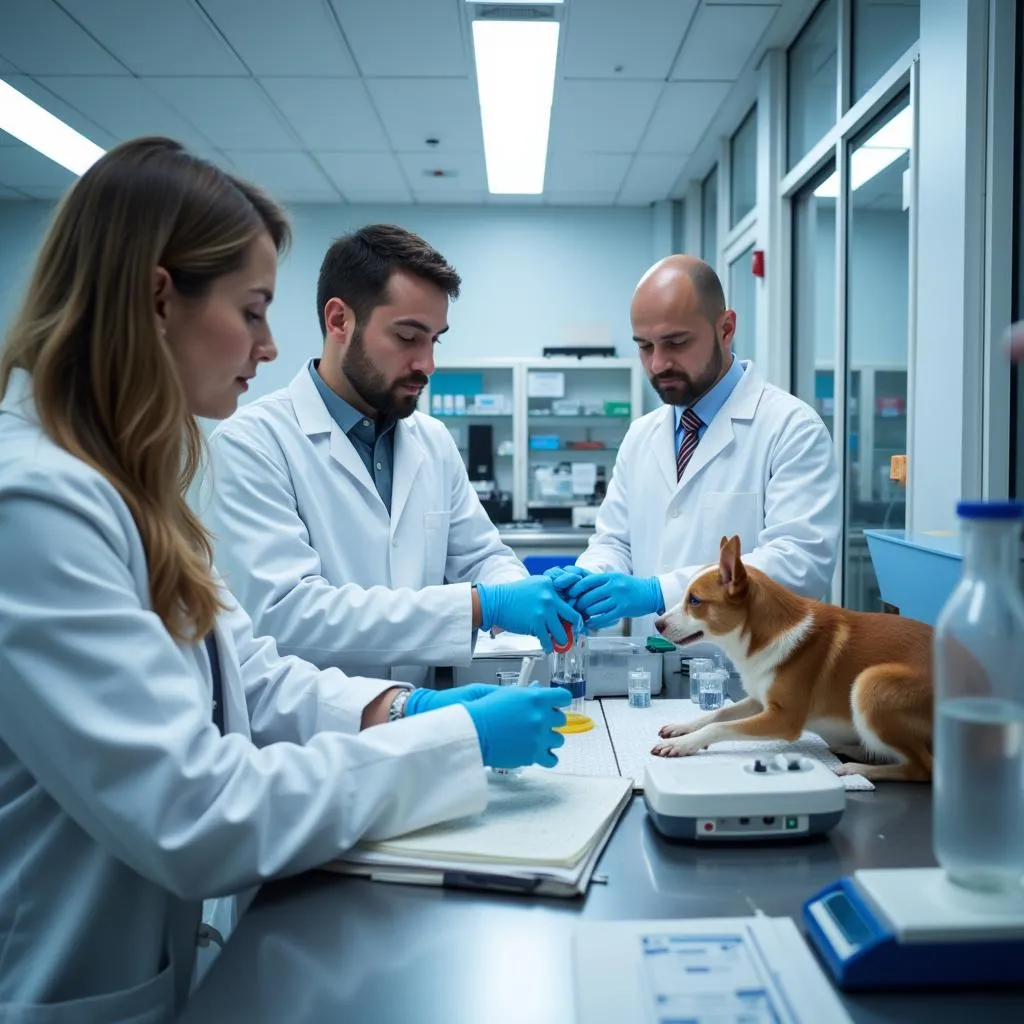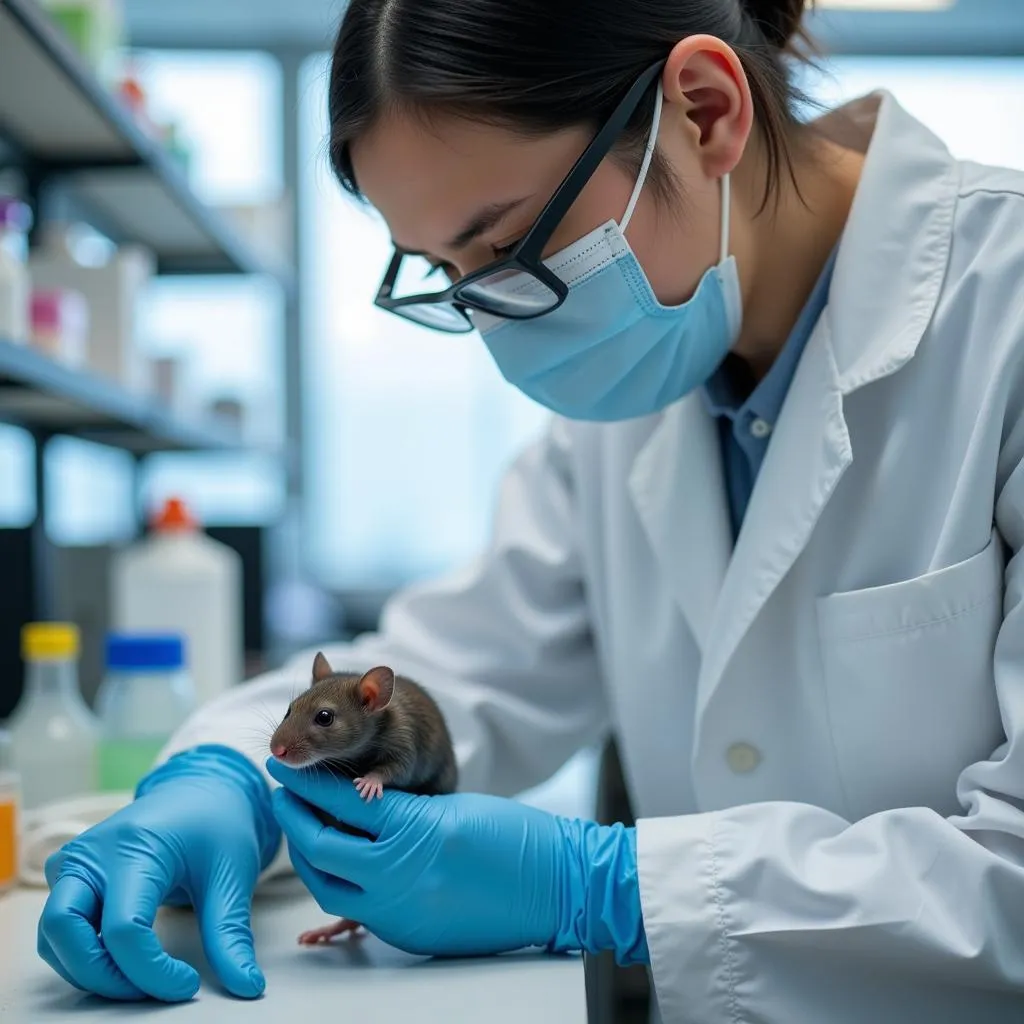Animal research, also known as animal experimentation or animal testing, involves using non-human animals in scientific research to study and learn about biological processes, develop new treatments for diseases, and assess the safety of drugs and other chemicals. This practice has been instrumental in countless medical and scientific breakthroughs throughout history, but it also raises ethical concerns regarding animal welfare and the justification for their use in research.
Understanding the Scope of Animal Research
Animal research encompasses a broad spectrum of studies involving various species, from mice and rats to primates and farm animals. The specific animal model chosen depends on the research question and the biological system being investigated.
For example, mice are commonly used in cancer research due to their genetic similarities to humans and the ability to manipulate their genes to study disease progression. Primates, with their more complex cognitive abilities, are sometimes used in neuroscience research to understand brain function and develop treatments for neurological disorders.
The Importance of Animal Research in Scientific Advancements
Animal research has been fundamental in developing numerous life-saving treatments and medical technologies.
- Vaccines: From polio to measles, vaccines developed through animal research have saved millions of lives and significantly reduced the incidence of infectious diseases.
- Antibiotics: The discovery and development of antibiotics, which revolutionized the treatment of bacterial infections, relied heavily on animal models to understand their efficacy and safety.
- Organ Transplantation: Early research on organ transplantation in animals paved the way for successful human organ transplants, extending and improving the lives of countless individuals.
- Insulin for Diabetes: The discovery of insulin, a life-saving hormone for people with diabetes, was made possible through research using dogs.
 Animal Research Laboratory
Animal Research Laboratory
Ethical Considerations and Regulations
The ethical implications of animal research are a subject of ongoing debate and scrutiny. Concerns revolve around the potential for animal suffering, the moral justification for using animals for human benefit, and the search for alternative methods.
To address these concerns, strict regulations and guidelines govern animal research in many countries. These regulations typically require researchers to justify the use of animals, minimize pain and distress, provide proper housing and care, and consider alternatives to animal use whenever possible.
The Three Rs: Guiding Principles for Ethical Animal Research
The “Three Rs” – Replacement, Reduction, and Refinement – are ethical guidelines that aim to minimize the use of animals in research and promote their welfare:
- Replacement: Seeking alternatives to using animals whenever possible, such as using cell cultures, computer models, or human volunteers.
- Reduction: Minimizing the number of animals used in experiments while still obtaining statistically significant results.
- Refinement: Improving experimental techniques and procedures to minimize any potential pain, suffering, or distress experienced by animals.
 Animal Research Scientist with Mouse
Animal Research Scientist with Mouse
The Future of Animal Research
While animal research remains a valuable tool in scientific discovery, ongoing efforts aim to refine techniques, minimize animal use, and develop alternative approaches.
Advancements in areas like in vitro methods (using cells or tissues outside of a living organism), computer modeling, and organ-on-a-chip technologies offer promising alternatives to traditional animal models. These advancements hold the potential to reduce our reliance on animal research while continuing to advance scientific knowledge and improve human health.
Conclusion
Animal research, while ethically complex, has undeniably contributed to significant advancements in medicine, biology, and other fields. It has been instrumental in developing life-saving treatments and understanding fundamental biological processes. As we move forward, it’s crucial to maintain a balanced approach that acknowledges the value of animal research while actively pursuing alternatives, refining techniques, and ensuring the highest ethical standards for animal welfare.